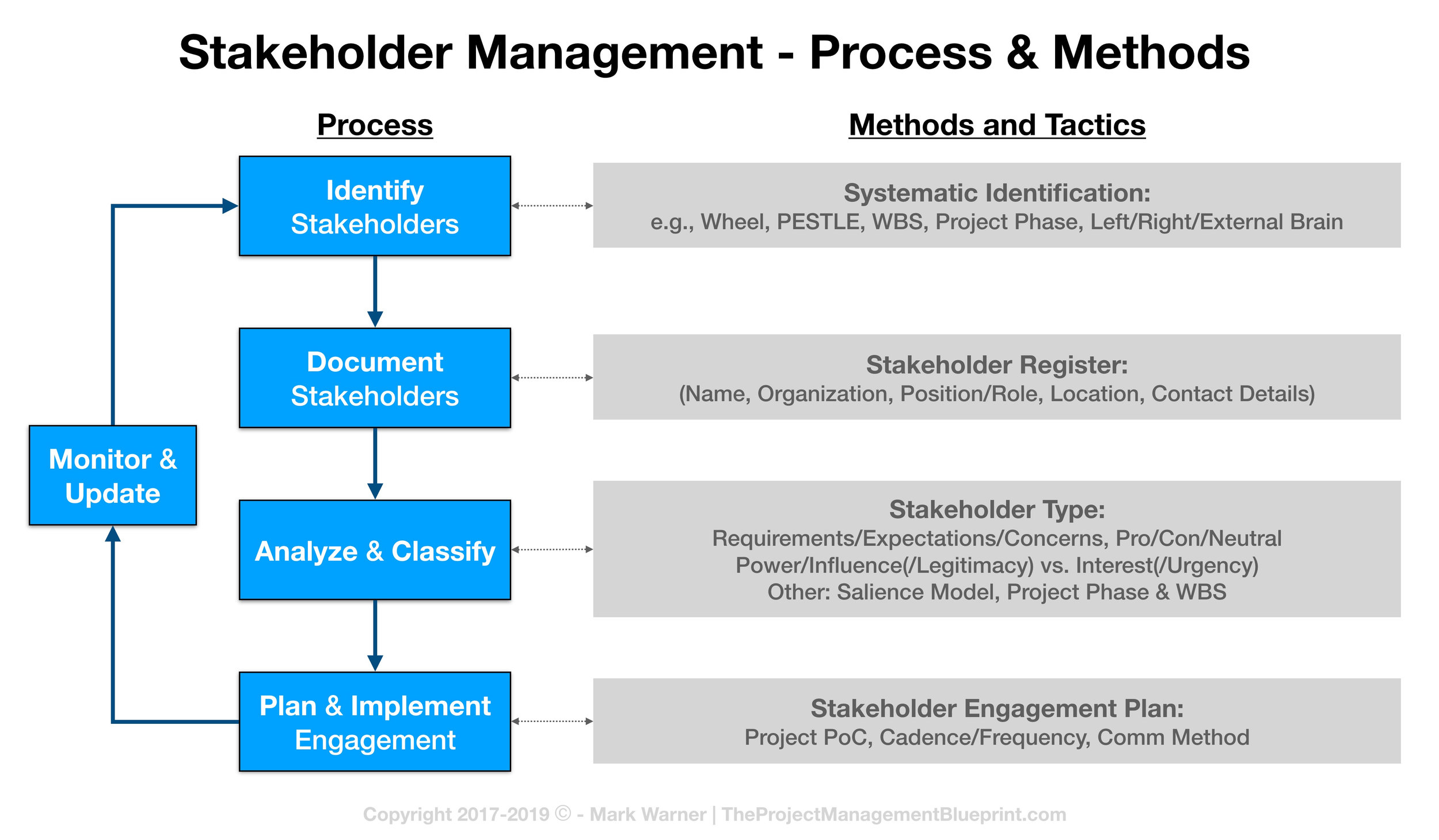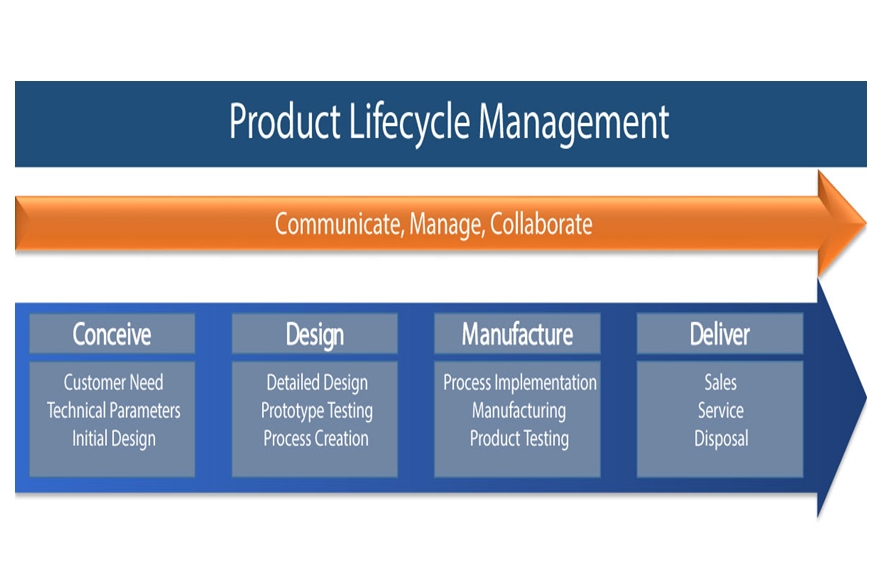
A bachelor's degree is required to move up in your career. With a 120-credit program, you'll gain in-depth knowledge about operations management and logistics. The program is accredited NEASC. Topics include continuous improvement tools. U.S. News has ranked this program as a top-rated online program.
Online degree programs in supply chain management
An online supply chain management program can help you grow your career in many different ways. These programs focus on logistics, warehouse operations, and communication, and prepare you for today's tough challenges. You will learn how to deal with suppliers and retailers, and how to optimize warehouse efficiency. These programs allow you to pursue a degree in part-time as well as full-time.
An online supply chain management degree can cost as little as $8,550 depending on the program that you choose. The state where you reside will also be important as some colleges charge higher tuition for residents of other states. Private scholarships can be used to fund your education. Add to tuition costs, technology costs will often be included in the tuition. For a full-time student in a supply management degree program, the average cost will be between $36,000 and $64,000.

Degree programs in Supply Chain Management that are Accredited
A degree program in supply chain management can be accredited to help students gain the skills necessary for success. These online degrees are available for a variety of subjects. Some degree programs also include an internship or capstone project. Although these programs do not have the same depth as conventional degrees, they are flexible.
Students who want to pursue a career in supply chain management will need to have a variety of skills, including communication, problem-solving, and analytical skills. For this job, you will need to have a strong understanding of business systems and a strong business background.
Programs for supply chain management degrees that can be done remotely
Online degrees in supply-chain management can be obtained through many institutions. Some schools are accredited through the Higher Learning Commission. Online students have the same support and resources available as students on campus. Some of the best online degree programs offer a combination of online classes and traditional classroom teaching.
The cost of an online degree in supply chain management varies depending on a number of factors. An important factor to consider is whether the student is a resident or non-resident of the state in which the school is located. Some colleges charge more for students from out of state, while others have flat rates for all students. Students must also account for technology fees. On average, students should budget between $36,000 and $64,000 for tuition and fees.

Here are the top supply chain management degree programs
The University of Arkansas maintains its pole position according to the most recent rankings of supply chain management degree programmes. It is currently ranked in the Top 3. The University of South Carolina as well as the University of Tennessee are the other Top 3 schools in the report. However, the best schools are often more expensive and competitive. In recent years, the focus of supply chain management has shifted to risk management and sustainability.
The USC Marshall School of Business offers an online or campus-based program. Other top-ranked schools include the Alliance Manchester Business School, Trinity Business School, and Politecnico di Milano School of Management. The University of Washington Foster School of Business also ranks among the top 10. The rankings are based in part on more than 50,000 business leaders who attended business schools around the globe.
FAQ
It can sometimes seem difficult to make business decisions.
Complex business systems have many moving parts. They require people to manage multiple priorities and deal with uncertainty and complexity.
Understanding the impact of these factors on the system is crucial to making sound decisions.
You need to be clear about the roles and responsibilities of each system. It's important to also consider how they interact with each other.
Ask yourself if there are hidden assumptions that have influenced your behavior. You might consider revisiting them if they are not.
For help, ask someone else if you're still stumped after all the above. They might see things differently than you and may have some insights that could help find a solution.
Why is it important that companies use project management methods?
Project management techniques ensure that projects run smoothly while meeting deadlines.
This is due to the fact that most businesses rely heavily upon project work in order to produce goods, and services.
These projects require companies to be efficient and effective managers.
Companies that do not manage their projects effectively risk losing time, money, or reputation.
What are some of the common mistakes made by managers?
Sometimes managers make it harder for their employees than is necessary.
They might not give enough support and delegate the right responsibilities to their staff.
Many managers lack the communication skills to motivate and lead their employees.
Managers sometimes set unrealistic expectations of their teams.
Managers may prefer to solve every problem for themselves than to delegate responsibility.
How does a manager motivate his/her employees?
Motivation refers to the desire to perform well.
Doing something that is enjoyable can help you get motivated.
You can also get motivated by seeing your contribution to the success or the improvement of the organization.
You might find it more rewarding to treat patients than to study medical books if you plan to become a doctor.
A different type of motivation comes directly from the inside.
One example is a strong sense that you are responsible for helping others.
Perhaps you enjoy working hard.
Ask yourself why you feel so motivated.
Then think about how you can make your life more motivating.
Statistics
- Our program is 100% engineered for your success. (online.uc.edu)
- This field is expected to grow about 7% by 2028, a bit faster than the national average for job growth. (wgu.edu)
- UpCounsel accepts only the top 5 percent of lawyers on its site. (upcounsel.com)
- As of 2020, personal bankers or tellers make an average of $32,620 per year, according to the BLS. (wgu.edu)
- The profession is expected to grow 7% by 2028, a bit faster than the national average. (wgu.edu)
External Links
How To
How can you implement Quality Management Plan (QMP).
QMP, which was introduced by ISO 9001:2008, is a systematic approach to improving products, services, and processes through continuous improvement. It is about how to continually measure, analyze, control, improve, and maintain customer satisfaction.
QMP is a common method to ensure business performance. QMP helps improve production, service delivery and customer relationships. QMPs should encompass all three components - Products and Services, as well as Processes. If the QMP only covers one aspect, it's called a "Process QMP". The QMP that focuses on a Product/Service is called a "Product." QMP. QMP is also used to refer to QMPs that focus on customer relations.
Scope, Strategy and the Implementation of a QMP are the two major elements. These elements can be defined as follows.
Scope: This describes the scope and duration for the QMP. This scope can be used to determine activities for the first six-months of implementation of a QMP in your company.
Strategy: This describes how you will achieve the goals in your scope.
A typical QMP is composed of five phases: Planning Design, Development, Implementation and Maintenance. Below is a description of each phase:
Planning: This stage identifies and prioritizes the QMP's objectives. To understand the expectations and requirements of all stakeholders, the project is consulted. The next step is to create the strategy for achieving those objectives.
Design: In this stage, the design team designs the vision and mission, strategies, as well as the tactics that will be required to successfully implement the QMP. These strategies are implemented by the development of detailed plans and procedures.
Development: The development team is responsible for building the resources and capabilities necessary to implement the QMP effectively.
Implementation: This involves the actual implementation of the QMP using the planned strategies.
Maintenance: This is an ongoing process to maintain the QMP over time.
Additional items must be included in QMP.
Participation of Stakeholders: The QMP's success depends on the participation of stakeholders. They should actively be involved during the planning and development, implementation, maintenance, and design stages of QMP.
Project Initiation. It is important to understand the problem and the solution in order to initiate any project. This means that the initiator should know why they want something done and what they hope for from the end result.
Time frame: The QMP's timeframe is critical. You can use a simplified version if you are only going to be using the QMP for short periods. However, if you have a long-term commitment, you may require more elaborate versions.
Cost Estimation: Cost estimation is another vital component of the QMP. You can't plan without knowing how much money it will cost. It is therefore important to calculate the cost before you start the QMP.
QMPs are more than just documents. They can also be updated as needed. It evolves as the company grows and changes. It should be reviewed on a regular basis to ensure that it is still meeting the company's needs.